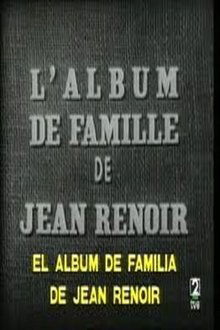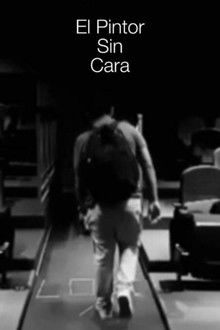Among the millions of victims of the Nazi madness during the Second World War, Pierre Seel was charged with homosexuality and imprisoned in the Schirmeck concentration camp. He survived this terrifying experience of torture and humiliation, and after the war he married, had three children, and tried to live a normal life. In 1982, however, he came to terms with his past and his true nature and decided to publicly reveal what he and thousands of other homosexuals branded with the Pink Triangle had undergone during the Nazi regime. Il Rosa Nudo (Naked Rose), inspired by the true story of Pierre Seel, depicts in a theatrical and evocative way the Homocaust, focusing on the scientific theories of SS Physician Carl Peter Værnet for the treatment of homosexuality, which paved the way for the Nazi persecution of gay men.
Related Movies
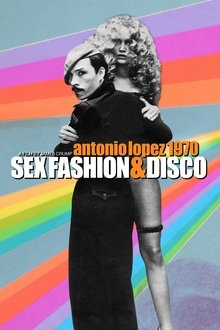
Antonio Lopez 1970: Sex Fashion & Disco (2018)
Sex Fashion and Disco is a documentary film concerning Antonio Lopez (1943-1987), the most influential fashion illustrator of 1970s Paris and New York, and his colorful and sometimes outrageous milieu.

Children of the Jungle (NaN)
Follows the June 2023 rescue of four indigenous children — Lesly, Soleiny, Tien, and Cristin — after forty days in the Colombian Amazon.
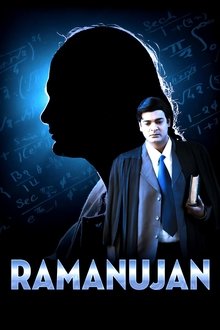
Ramanujan (2014)
A prodigious Indian mathematician has to overcome poverty and prejudices and make a mark with the help of his British mentor.
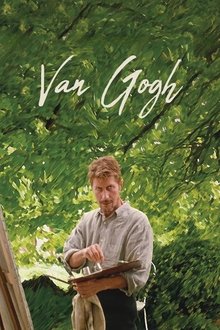
Van Gogh (1991)
After leaving the asylum, Vincent van Gogh settles in the home of Doctor Gachet, where he keeps painting amidst the torments of his failing mental health. He begins an affair with his host’s daughter, however, she soon realizes that he doesn’t love her and that his heart beats only for art.
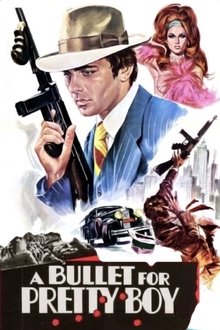
A Bullet for Pretty Boy (1970)
A biography of Charles "Pretty Boy" Floyd, a gangster who started his career at a young age after seeking revenge for his father's murder.
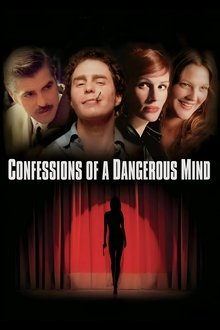
Confessions of a Dangerous Mind (2002)
Television made him famous, but his biggest hits happened off screen. Television producer by day, CIA assassin by night, Chuck Barris was recruited by the CIA at the height of his TV career and trained to become a covert operative. Or so Barris said.

Edge of Seventeen (1999)
1984, Sandusky, Ohio. A naive 17-year-old navigates heartbreak and self-expression as he explores his sexuality.

Eternal Smile of Dana Němcová (2022)
The life story of an unassuming, modest, yet extremely principled woman is also a dramatic portrait of a time when criticism of the regime and defense of the unjustly prosecuted was punished by imprisonment and constant surveillance from the secret state security. The story also reflects the turning point after the Velvet Revolution, when Dana Němcová briefly entered politics as an active member of the Federal Assembly, or when, in response to the war in the former Yugoslavia, she founded a counselling center for refugees and refugee women in the Czech Republic. In the film, she also meets some of those she helped again after many years.
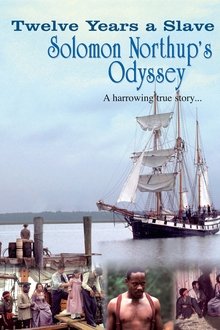
Solomon Northup's Odyssey (1984)
This is based on a true story. Solomon Northrop is a black man in the mid 19th century before slavery was abolished. He's a born free man who works as a carpenter and is also a part time musician. One day he is approached by some men who want him to play for them. However, that is not their intention; they have kidnapped him and sold him into slavery. Now he has to endure the hardships that he has been spared because of his status as a free man. And his family who don't know what happened to him is searching for him but where do they go? And Solomon also wishes to let them know where he is so that they could get him but unfortunately no one believes his story or is willing to help him.
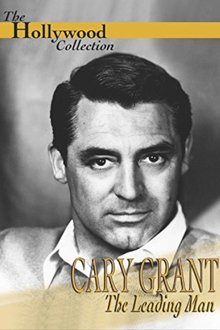
Cary Grant: A Celebration of a Leading Man (1988)
A retrospective of the life and career of actor Cary Grant, including clips from his films and interviews with his friends and co-workers.
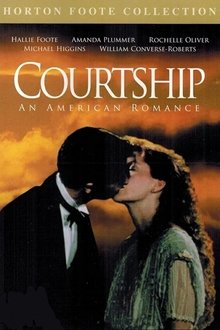
Courtship (1987)
In 1915, Elizabeth has fallen in love with Horace Robedaux, a young man her father condemns as a "wild boy." No matter how strict and protective, her parents cannot deter their daughter's growing independence.
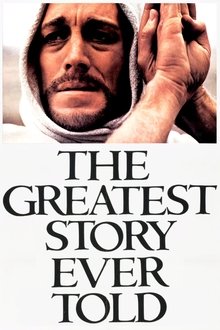
The Greatest Story Ever Told (1965)
From his birth in Bethlehem to his death and eventual resurrection, the life of Jesus Christ is given the all-star treatment in this epic retelling. Major aspects of Christ's life are touched upon, including the execution of all the newborn males in Egypt by King Herod; Christ's baptism by John the Baptist; and the betrayal by Judas after the Last Supper that eventually leads to Christ's crucifixion and miraculous return.

Cole Porter in Hollywood: Begin the Beguine (2003)
An overview of Cole Porter’s musical contributions to the film Broadway Melody of 1940.
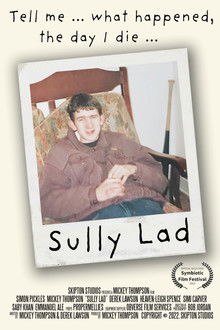
Sully Lad (2024)
Tribute film and poem...Unemployed Craig O'Sullivan, 25, of Barley Street, Ingrow, died on 22nd March 1998. He started on heroin when he was 18. This is the story of HIS LIFE'S LAST DAY.

Black Pénélope (1991)
A discovery of the pictorial art that Ndebele women traditionally practice in South Africa: painting the walls of their houses.
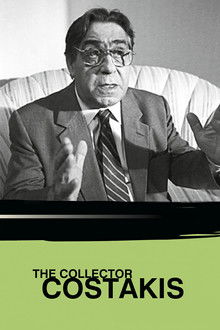
Costakis: The Collector (1983)
One public housing flat in Moscow stood out above all others: the home of George Costakis, the foremost collector of early 20th century Russian avant-garde art. Its walls were crowded with banned and forgotten works by artists such as Malevich, Tatlin, Kandinsky, Chagall, Lissitzky, Rodchenko, and Kliun; public figures such as Edward Kennedy, Stravinsky, and Alfred Barr visited. Barrie Gavin met the collector in 1982 at his home in Athens. Costakis, a Greek born in Russia, passionately shares his story and those of the great Russian avant-garde artists. Their works are his legacy – without him, they would not have survived the political upheavals in Russia.

Sœur Sourire: Who Killed the Voice of God? (2021)
1962. A crystalline voice becomes a planetary tube. A Belgian nun jostles Elvis and the Beatles on the world charts. Her name: Sister Smile. A popstar with the trajectory of a comet who understands her success no more than the double meaning of her words… The harder the fall will be. Even God does not protect sharks' appetites or pretenses of success! Who killed the little voice of God? Here is the tragic story of an innocent voice, of an extraordinary fate, almost of a curse ...
